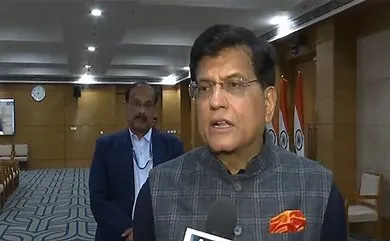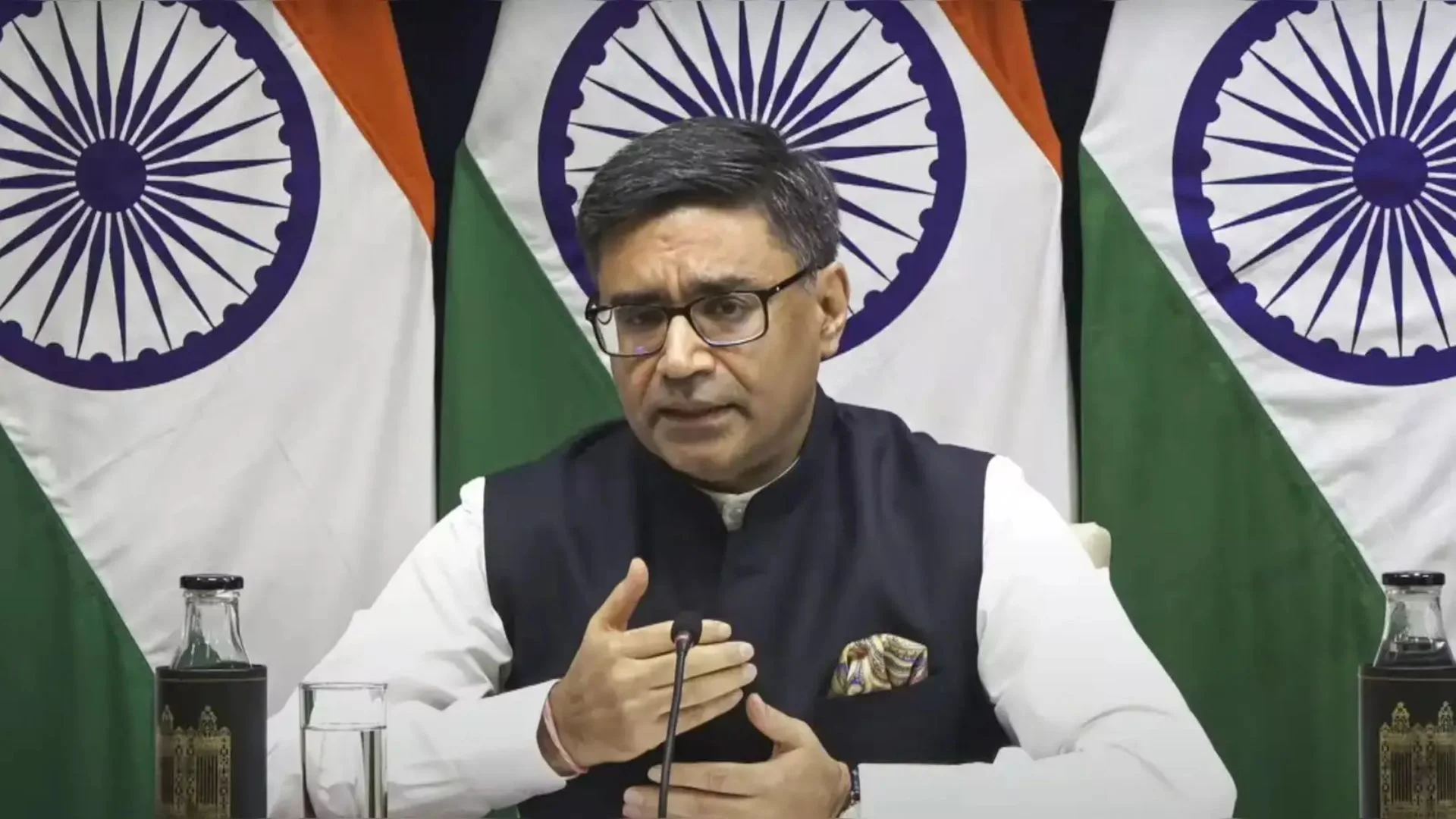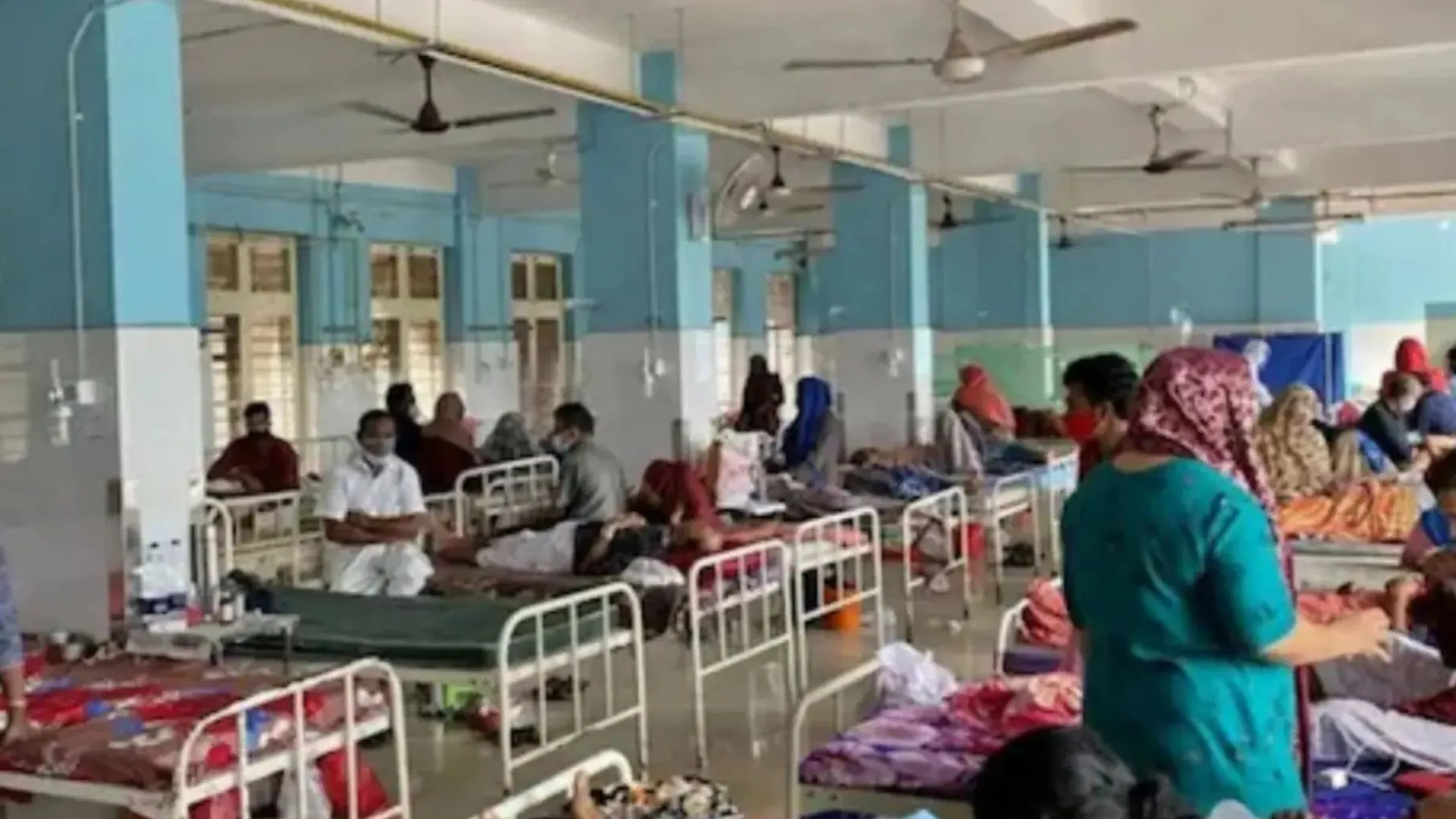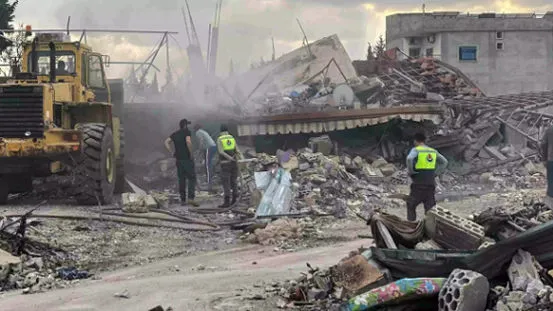Emerging from waves of Covid-19 pandemic, more than ever, we must prioritise the mental health of the growing minds — the children and adolescents. It is our collective responsibility to keep the well-being of young ones at the forefront in the preparation for future Covid-19 waves and recovery plans. Generation Z is quietly perceiving the layers of changes in our lives since the virus encroached on our spaces in early 2020. Now, while the much-awaited return to school is exciting for many, there would be children feeling anxious or even frightened (UNICEF, Aug 2020) to go back to regular school.
This is a time of the year when adolescents would have been spending days at school and college in the company of hundreds of others, preparing for school rituals, sports events, carving out their future plans, but, throughout the last year and a half, they are instead trudging through a difficult new normal. The virus brought in many stressors to the psychological environment, the impact of which is yet to be played out in statistical data charts and graphs to analyse the repercussions on society and the upcoming generation. The pandemic control measures have contributed to new mental health issues or a worsening of existing ones in all but the impact ripples are far and wide or even beyond what we can think now in the teens and adolescent age group.
Some children or youth may be grieving the loss of a parent or a loved one, others may be living in fear of the disease or fear of losing a bread earner in the family or a job. Millions in our country have been dropped out of school despite their and parents’ best efforts to educate them due to their inability to get a device or internet connectivity.
Adolescents across all socio-economic groups have been struggling to adjust to a life without the structure that a traditional school day provides. Social isolation, lack of peer support and the need for personal/ real-world connection seems to be growing. The lost sense of school life’s demands and timely examinations to keep the learning minds occupied have been creating tension in the psychological environment of every child. Out of all, children of essential workers and homeless children are at increased risk for having to live within the confines of homes on their own without adult supervision and the other without the basic amenities of life now made worse under the pandemic.
Across socio-economic conditions, there are children trapped in dysfunctional families with physical, verbal and even sexual abuse, and there’re those living with stressed adults who have been resorting to substance abuse within the confines of homes. To add to the list, flaring up of cyber dependency has been alarmingly on the rise as screen time for children are now the highest in our recent history.
With increasing stress comes an increased risk for mental health symptoms or reemergence of dormant disease, at a time when there are fewer options for getting the support that can help lower stress levels. These are various factors identified as Adverse Childhood Experiences (ACEs), and we know from research studies that when young people have these early experiences, they face an increased risk of lifelong morbidity or mortality.
When schools begin to reopen, we will need to implement more formal structures for mental health screening in the institutes and community settings. We must take precautionary measures against stigma and superstitions affecting caregiving, and there should be social laws in place to minimise the stigma around mental health conditions.
We all know law affects the operation of stigma in society and is the most efficient tool for blunting the effects of prejudice and stigma by protecting the diseased person against harmful conduct from miscreants/ ignorant lot in the society. The authorities must propagate strong messages in the society to create an inclusive environment for the people needing psychiatric help. India’s mental healthcare system needs strengthening. The authorities should now proactively implement the Mental Healthcare Act 2017. And this is a time when there is a dire need for integrated mental healthcare policy in the country covering all aspects of a sick mind.
We also need to enhance mental health awareness and stigma-busting programs in the local dialect or language through government and private sector initiatives. We should expand social-emotional learning programs to help build resilience in the growing minds. Capacity building for mental health management is an immediate must to meet a looming calamity, and suicide prevention programs should be revamped. There is a serious shortage of mental healthcare workers in India, the numbers of which according to WHO are: psychiatrists (0.3), nurses (0.12), psychologists (0.07) and social workers (0.07) for a population of 100,000.
Tele-psychiatry may be an immediate possible solution with such deficient conditions and it has proven to be a promising tool with children and adolescents, more so in emergencies.
Authorities must support schools and behavioural health care agencies in working together to ensure that when schools reopen, students will have the mental health services they need on campuses and in their communities to provide screenings, interventions, and referrals.
Our young people are the future of our country. We must remember that the period from age 10 to 25 remains a critical time of brain development and maturation. Both the experiences our young people face now and the support they receive from us in coping with and navigating these challenges will have profound impacts on their abilities to be successful adults, parents, and citizens for years to come.
The writer is a medical doctor (pathologist) and holds an MA in Creative Writing from the University of London. The views expressed are personal.






















